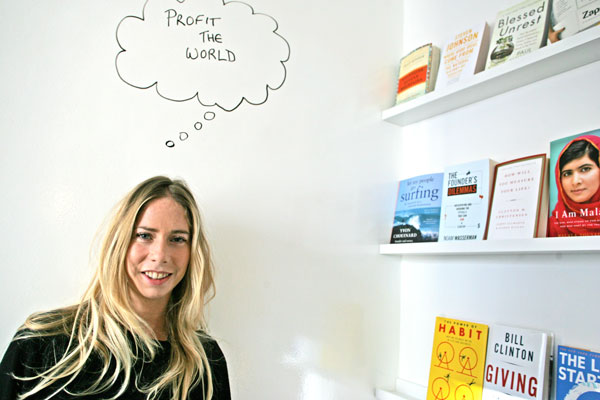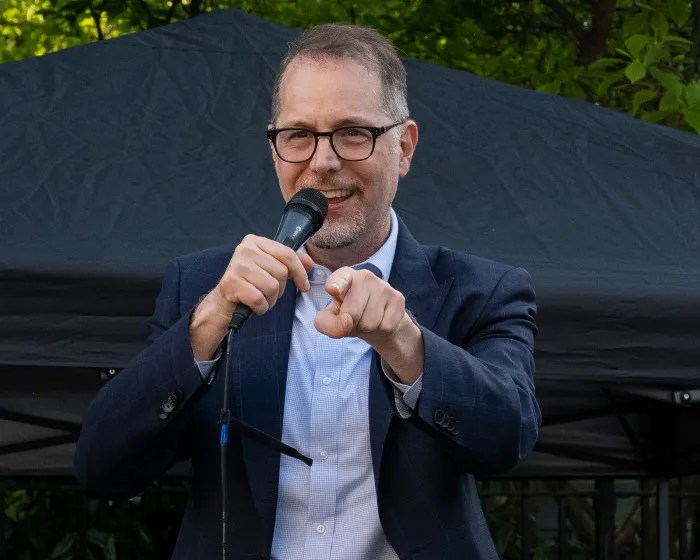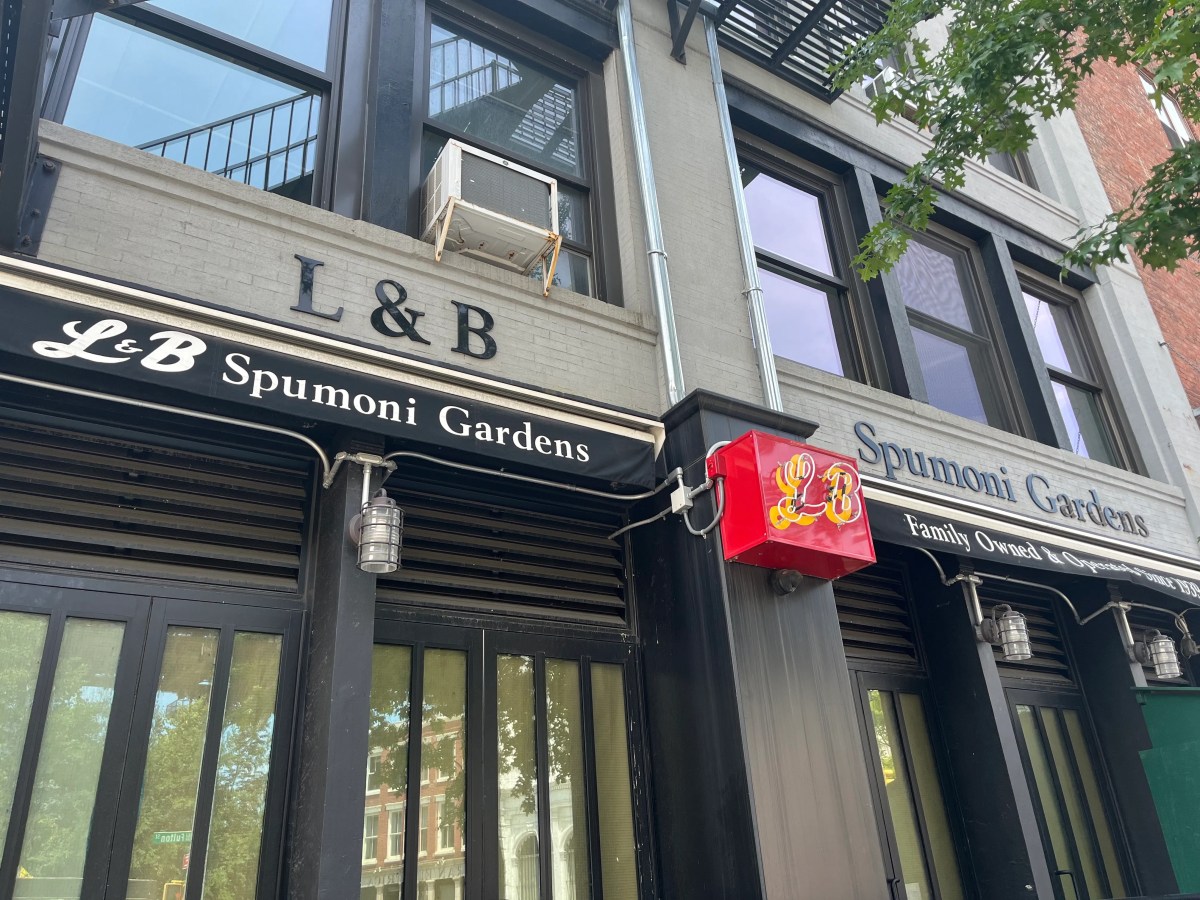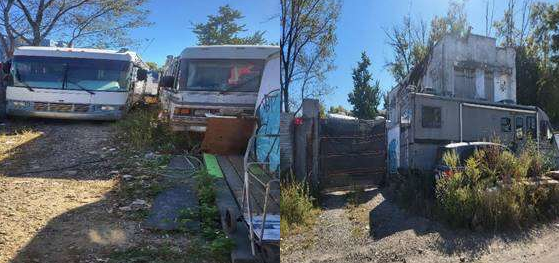
Marissa Sackler, founder of Beespace.
BY SAM SPOKONY | The energetic Chelsea vibe has famously sparked growth among the arts and other creative industries. Now, a forward-thinking group is well on its way to making the neighborhood — or, at least, its cozy office below Penn Station — a hotbed for nonprofit organizations.
Beespace, which launched in November at 242 West 30th Street, is an incubator that provides early-stage nonprofits with valuable physical space, resources and collaborative opportunities, placing the young groups on solid footing as they seek to promote social good both at home and abroad.
“It’s amazing to watch how they grow,” said Founder and President Marissa Sackler, 33, who has followed in the footsteps of her late, multi-millionaire father, Mortimer Sackler, by blazing a philanthropic trail that includes work with organizations like Invisible Children and charity: water.
Sackler explained that, along with its “co-working” space that allows for plenty of interaction between each group, Beespace supplies the new nonprofits with up to $500,000 worth of in-kind support by offering manpower and tools for branding design, engineering, communications and fundraising strategies. Sackler is also focused on helping the groups connect to mentors within the diverse communities of both non- and for-profit organizations, and pointed to that as a reason for making Chelsea the Beespace headquarters.
“It was important to us to be in a neighborhood where there’s this great mix of culture, arts and technology,” she said. “Elements of the arts community in Chelsea are a huge part of what we teach our groups about creative branding, storytelling and how to really connect with an audience.
And Sackler, who once lived on West 19th Street, and now resides in the West Village, is no stranger to the local scene. In addition to her other work, she now sits on the board of trustees for the Dia Art Foundation, a 40-year-old nonprofit that still maintains a strong Chelsea presence with installations and performances on West 22nd Street.
The Beespace office can hold up to six start-ups at a time, and currently aids three diverse groups — The Malala Fund, which internationally promotes education for girls on behalf of the now-famous Pakistani teen; The Adventure Project, which creates job opportunities in the developing world; and Practice Makes Perfect, which works to narrow the educational gap in America’s low-income communities by pairing struggling inner-city students with college-aged mentors.
“Like any other nonprofit, we were definitely bootstrapped early on, but our goals have certainly become more lofty ever since we came to this space,” said New York-born Brandon Espinosa, 24, C.O.O. of Practice Makes Perfect. “And along with the resources, it’s been great for us because they’ve created a space that’s really open to collaboration and idea sharing, which is really a breath of fresh air.”
He added that weekly meetings led by Sackler and the Beespace staff have been a vital part of keeping his and the other nonprofits on target, by tracking successes and failures and planning for next steps.
Those meetings are also important in terms of keeping the young groups on track for a timely transition into new offices, since Beespace incubations can last up to two years, or until the organization is ready to hire its seventh full-time employee.
“It’s an interesting balance,” said Sackler of her relationship with the start-ups, “because we want them to be able to try audacious new ideas, and not worry about being kicked out the door if they fail, but this isn’t Starbucks, or just some place to drop your bag and have some coffee. And it’s important that they’re not here forever, because we want to give them the skills to stand on their own two feet — we don’t want to make them so comfortable that they become limited.”
Beespace is currently in the process of taking on a fourth incubatee, but, since it’s still unofficial, Sackler said she doesn’t expect to announce who that group is for another several weeks.
Meanwhile, Beespace is also actively recruiting for two more nonprofits, and start-up founders are encouraged to apply through the organization’s website, beespacenyc.org. Sackler explained that applicants must already have either 501c3 nonprofit status or an accredited fiscal sponsor, as well as an early-stage track record that amounts to more than a simple business plan — but aside from that, she’s open to anything.
“I’m really just looking for groups that are pushing the envelope,” she said.
And for all those inquiring minds who don’t run a cutting-edge nonprofit, there’s also a Beespace offering that will serve the general public. Sackler is curating a twice-monthly lecture series within the West 30th Street office, starting on February 4 with a talk by Azita Ardakani, founder of Lovesocial, an elite social media agency. The next lecture, on February 18, will feature Paul van Zyl, co-founder of the International Center for Transitional Justice.
— Visit beespacenyc.org for info on future talks.




































